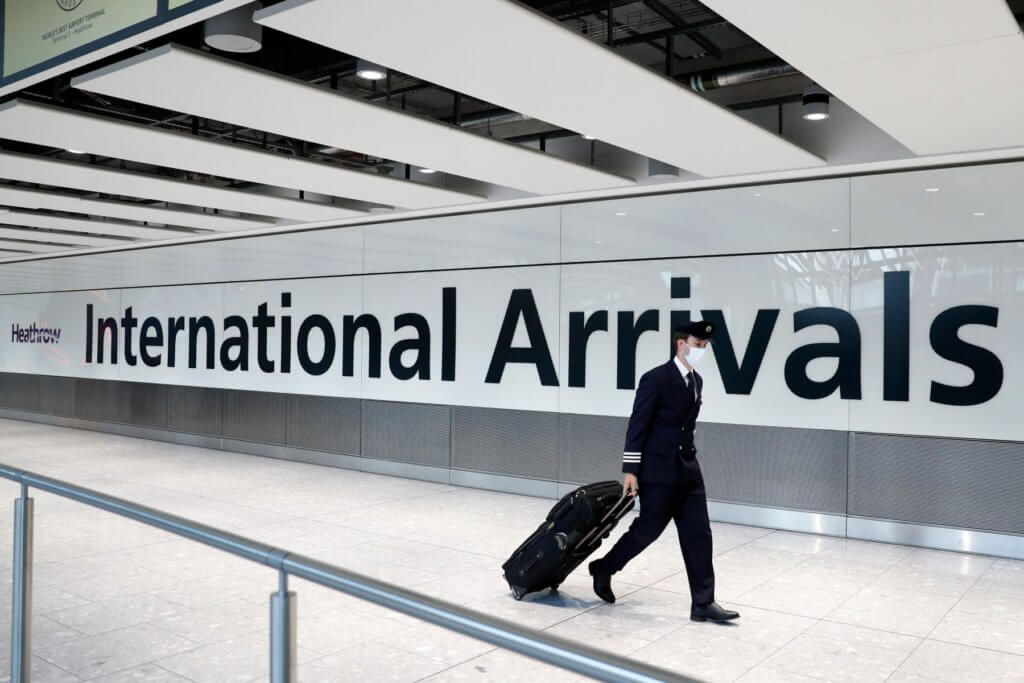
EU students applying to UK universities from 2021 will be categorised as international applicants — that’s clear. Whether they will be paying international or home fee status for the next academic year — that’s still uncertain. The government is under pressure from student organisations and university respresentative bodies to clarify rules for EU students with settled status post-Brexit amid fears of tuition fee hikes, said The Telegraph.
The UK officially left the EU on Jan. 31, 2020; as a result, EU students could lose their home fee status and financial support entitlement if they are classified as international students. This uncertainty is causing many to put off applying for future courses in the UK. Foreign students typically pay double or more in fees charged to local students; pundits fear it will result in fewer EU students studying in the UK.
Some universities have confirmed they will be offering fee freezes or additional scholarships for EU students as a result, including Leicester University. The institution was one of the first to freeze fees and said it wanted to “show commitment” to EU students. “We know that for many students, the new increased fee structure means that they now face the prospect of missing out on a world-class education at UK universities, unless action is taken. We have had an incredibly positive response from students on this decision, and are pleased to be able to offer some stability in what are, for many people, uncertain times,” Chief Marketing and Engagement Officer Kerry Law was quoted saying.
Uncertainty looms for EU students with settled and pre-settled status
News on the COVID vaccine has made a splash in the news, but are international students eligible for it? Find out here: https://t.co/4WQzguDn07 #COVID19 #Vaccine pic.twitter.com/D7g5oeJnpR
— Study International (@Study_INTNL) December 13, 2020
Universities UK (UUK), the representative organisation for the country’s universities, said the uncertainty on the rules for students with settled and pre-settled status could “significantly impact” the choices EU students make. UUK called on the government to “urgently provide clarity on how settled and pre-settled status relates to the tuition fee status of EU nationals beginning a course in the UK in the next academic year, to ensure that prospective applicants have all the information they need.”
The UK Council for International Student Affairs (UKCISA) is seeking clarity from the Department of Education (DfE) on the issue with sector partners. “No student with settled or pre-settled status should be facing a fee hike as this would be extremely unjust. NUS is a firm believer in free education, and no student should have to be concerned about affording fees to access higher education,” NUS vice-president Liberation and Equality Sara Khan said.
Could UK unis lose its appeal among EU citizens?

Losing home fee status could repel EU students. Source: Adrian Dennis/AFP
Brexit has left EU students in limbo. Adam Balog, a fourth-year Chemical Engineering student from Hungary with pre-settled status, said in the report that the uncertainty has put him in a “very difficult position.” He volunteered with the East Midlands Ambulance Service as part of its community first responders team during the pandemic, and hopes to study medicine in 2021 and eventually work for the NHS.
“I know many European students, such as myself, who want to actually give back something to the country and do something extraordinary, and it’s just not happening because of (the fee situation),” he told The Telegraph. “It’s put me in a very difficult situation, whether to go back to my country and receive full-time education over there, or just stay here and work and hopefully not give up my dream career.” Polish graduate Michal Gren, 23, told AFP via The Jakarta Post, “It’s getting quite difficult to decide if the UK will be the place the best students are going to come.” Gren is considering applying for a master’s in Britain.
Daniel Haid, a 27-year-old German student at Sheffield Hallam University in northern England, said he had asked other EU students whether they would apply again now. “The answer is usually straight-up ‘no’,” said Haid, who is in the second year of a doctorate in sports engineering and is a student ambassador for advisory body UKCISA. “We have the luxury of being EU citizens. We have so many good options instead,” he told AFP, adding that the UK’s new regime is “not really a competitive offer.” Statistics from the Universities and Colleges Admissions Service (UCAS) said the number of students from the EU has decreased by 13.2% compared to last year.
A DfE spokesperson told The Telegraph that it “values the important contribution international students make to our universities,” adding that students starting courses in 2021/22, who have settled or pre-settled status, will “generally have access to home fee status and student financial support if they meet the eligibility and residency requirements.” It is understood that to be eligible, students must have been resident in the UK for at least three years.
The British Council notes that students from the EU, EEA-EFTA or Switzerland who start a new course in England, Scotland or Wales after August 2021 will no longer be eligible for home fee status and student loans. Each UK university will set its own fees for EU students. Northern Ireland will announce arrangements in due course. “If you’re thinking of starting a course in the UK from August 2021 onwards, you will need [to] check with the university you are applying to for more information about fees they will charge,” it said.










